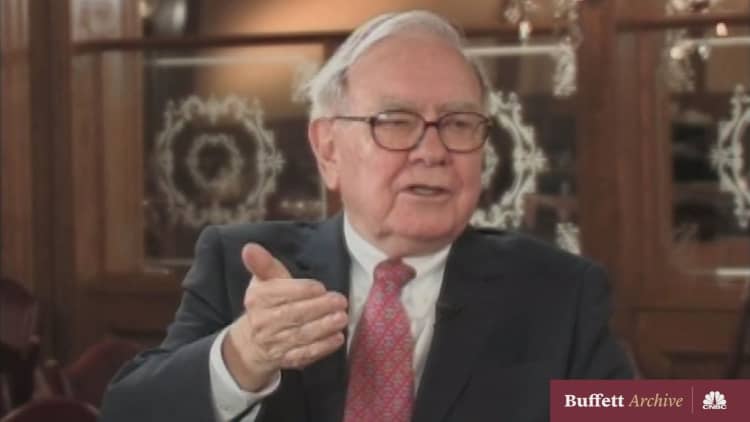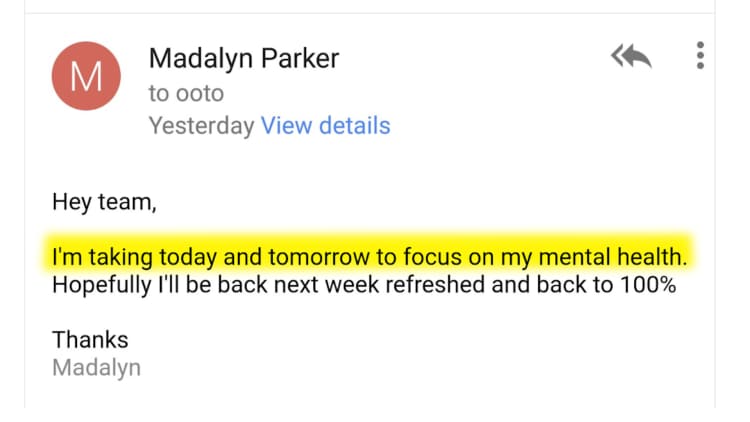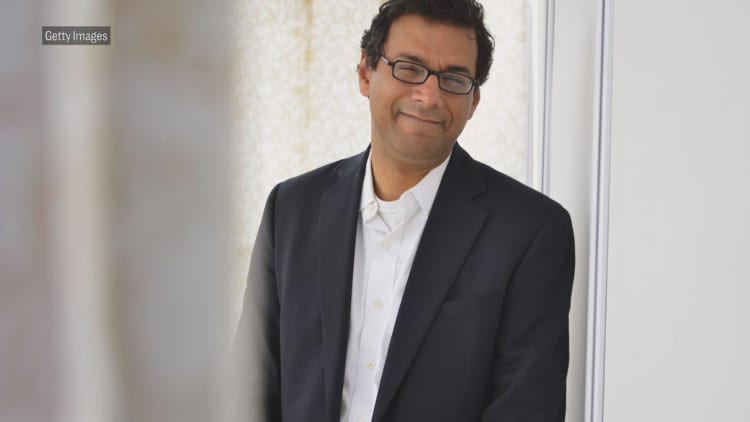Surgeon, bestselling author and MacArthur Foundation "genius" Atul Gawande has been selected to lead the joint health-care venture formed by Amazon, J.P. Morgan and Berkshire Hathaway to tackle rising health-care costs, the companies announced Wednesday.
"I'm thrilled to be named CEO of this health-care initiative," Gawande, who starts on July 9, said in a statement. "I have devoted my public health career to building scalable solutions for better health-care delivery that are saving lives, reducing suffering, and eliminating wasteful spending both in the U.S. and across the world.
"Now I have the backing of these remarkable organizations to pursue this mission with even greater impact for more than a million people, and in doing so incubate better models of care for all. This work will take time but must be done," he said. "The system is broken, and better is possible."
Berkshire Hathaway CEO Warren Buffett, J.P. Morgan CEO Jamie Dimon and Amazon CEO Jeff Bezos have not yet rolled out an exact plan for the company or given it a name, but their goal is to lower health-care costs for employers while also improving treatment outcomes.
Gawande has been one of America's foremost authorities on health-care for years. He is a professor at the Harvard T.H. Chan School of Public Health and Harvard Medical School, and he practices general and endocrine surgery at Brigham and Women's Hospital. He's also the founder and executive director of Ariadne Labs, a health systems innovation center.
His bestselling books include "Being Mortal" and "The Checklist Manifesto," and he is a regular contributor to the New Yorker magazine.

In October, he took the stage at the New Yorker Festival to remind audiences that sometimes the easiest and most mundane medical interventions can do the most good. Seeing a primary care physician for check ups, for example, can save your life. He echoed a point he has made in writing: "Incremental care — regular, ongoing care as opposed to heroic, emergency care — is the greatest source of value in modern medicine."
As he pointed out on the festival stage, patients benefit from long-term relationships with a single doctor, since that doctor can then integrate all of the information she knows about you from the years you've visited her. Plus, when you get to know your doctor and grow comfortable with her, you have a "lower threshold for seeking attention." If you think something might be wrong, you'll be more inclined to go in for a visit and, in many cases, address the issue before it becomes more serious.
Access to primary care physicians is vital, he argued, even life-saving: "There is clear evidence that people who get sufficient incremental care enjoy better prevention, earlier diagnosis and management of urgent conditions, better control of chronic illnesses, and longer life spans."
Gawande has long argued that America's health-care system needs intelligent reform. For one, its relatively poor performance doesn't justify its enormous expense. In an analysis of the health systems of 11 Western high-income countries, the Commonwealth Fund ranked America 11th. "These results are troubling because the U.S. has the highest per capita health expenditures of any country and devotes a larger percentage of its GDP to health care than any other country," the report notes.
And, Gawande has pointed out, access to health care is unfairly distributed. "In the American health care system," he wrote in a piece for the New Yorker, "different people get astonishingly different deals. That disparity is having a corrosive effect on how we view our country, our government, and one another."
While everyone might not agree that health care is a right, he said, among those he's talked to, liberals and conservatives alike, the consensus is that all Americans should be able to access care, as long as they can somehow contribute to the cost.
So any reform, Gawande said, should bear this perspective in mind. Because, as he put it, "it's really about understanding that all lives have equal value."
Like this story? Like CNBC Make It on Facebook!
Don't miss: Here's the real reason health care costs so much more in the US




